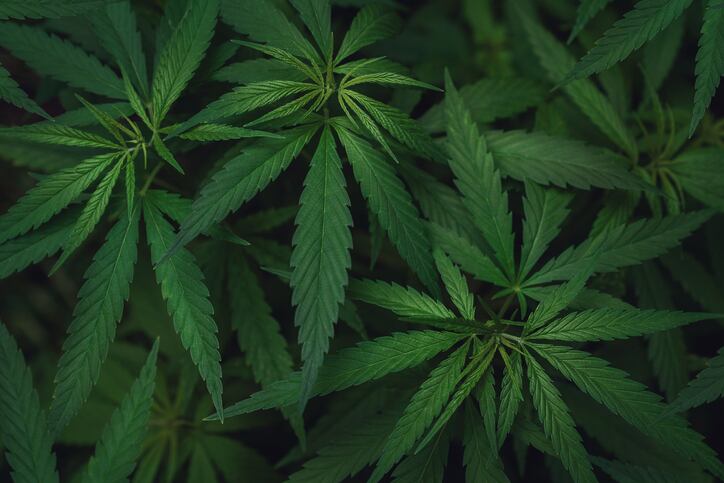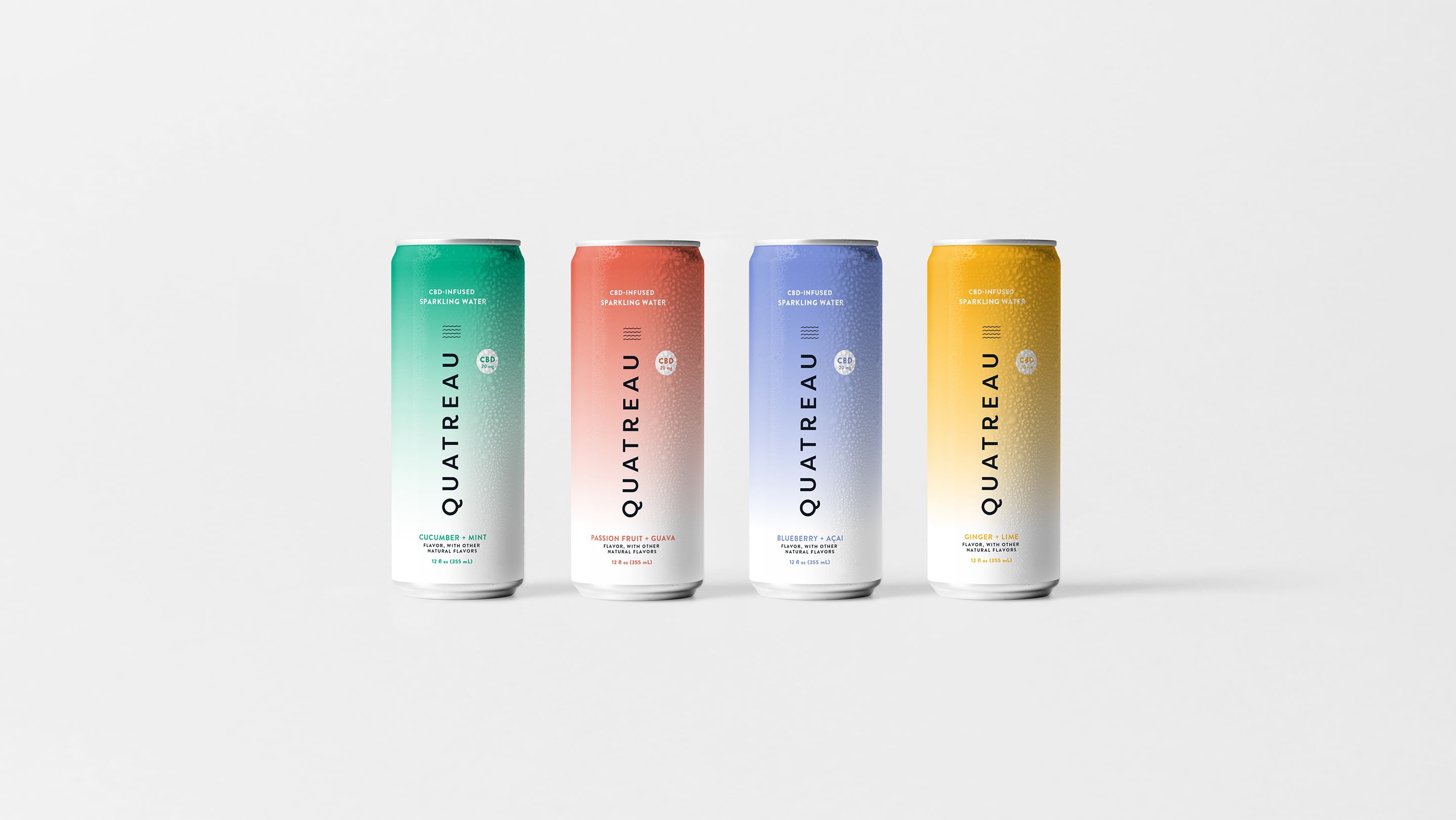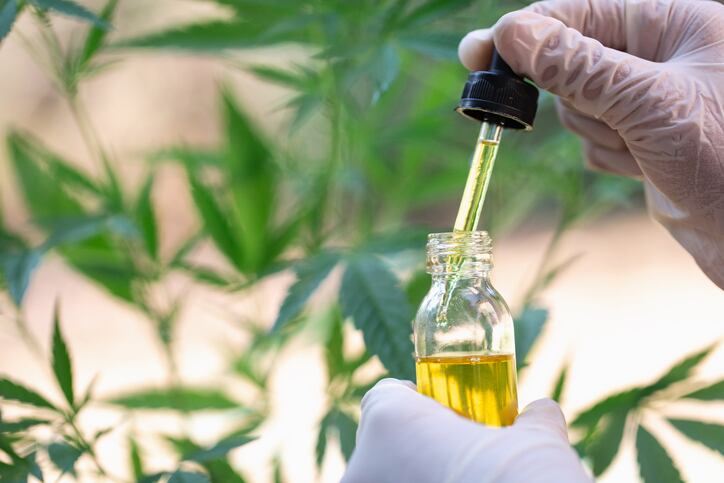Recent headlines in both The New York Times and Rolling Stone magazine have created some confusion, said Jonathan Miller, an attorney in the firm Frost Brown Todd who is also general counsel for the roundtable, a hemp industry group.
Recent news reports obfuscate the issue
The Times headline read; “This Drug Gets You High, and Is Legal (Maybe) Across the Country.” The story was about how while Delta-9 THC is on the Drug Enforcement Administration’s schedule one list of controlled substances, Delta-8 THC is not. While Delta-8 does not have the same intoxicating power as does Delta-9, it still has some. Some erstwhile CBD marketers, such as the Texas company profiled in the NYT article, seem to have viewed this as a way to sell an intoxicating product out of the quasi-legal, supplement-like sector of the market that CBD and/or hemp extract products now find themselves.
The Rolling Stone article, which flew under the headline “How Some THC Is Legal — For Now,” lays out a similar scenario. That article quotes Harvard Medical School professor Dr Peter Grinspoon as saying that Delta-8, “has a portion but not all of the psychoactivity as Delta-9.”
The hemp industry at the moment is working to secure a firmer and more clear regulatory basis than was provided by the 2018 Farm Bill for industrial hemp cultivation and the products derived from it. Miller said the industry wants to nip in the bud any blurring of the lines between non intoxicating products marketed for certain health properties and those meant primarily to get people high.
“We believe very strongly that only non intoxicating products like CBD should be going through the dietary supplement lane,” Miller said.
“The US Hemp Roundtable, the hemp industry’s national business advocacy organization, is opposed to marketing products, under the guise of the hemp name, for any intoxicating value or euphoric effect -- an irresponsible practice,” the group’s statement read.
“[H]emp products like CBD are popularly used by consumers to benefit their general health and wellness, not to get them high. Adult-use cannabis products, which feature concentrated THC and are intended for intoxication, should not be marketed as dietary supplements, and should be subject to a distinct regulatory pathway,” the statement continued.
What about all those other cannabinoids?
Miller said the US Hemp Roundtable supports a current bill before Congress, HR 841, titled the Hemp and Hemp-Derived CBD Consumer Protection and Market Stabilization Act of 2021. The bill, which was sponsored by Rep. Kurt Schraeder, D-OR, would go a long way toward putting these kinds of confusion to rest, Miller said. In addition, it would include language to encompass all kinds of non intoxicating cannabinoids, so that no new wheels would have to be invented for CBG, CGBN and any other hemp constituents that start to gain market prominence, Miller said.
“The bill we are supporting in Congress would open up legal and regulatory pathways for all hemp constituents that are not intoxicating. We don’t want to keep passing legislation for every single molecule,” Miller said.



